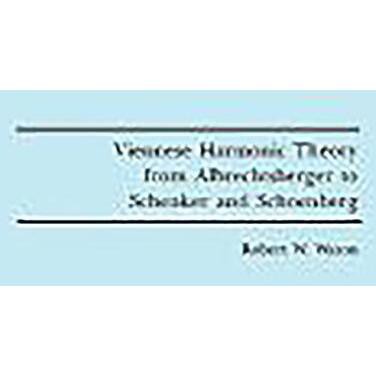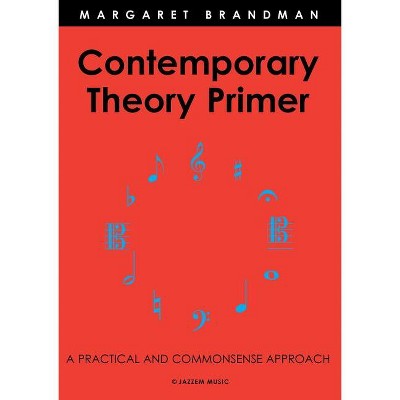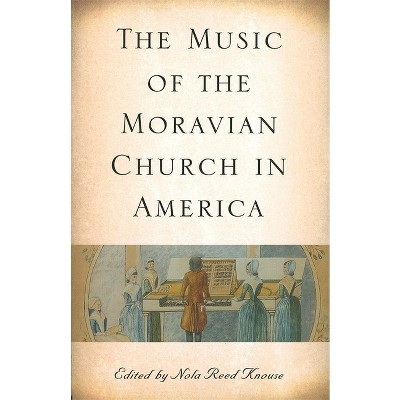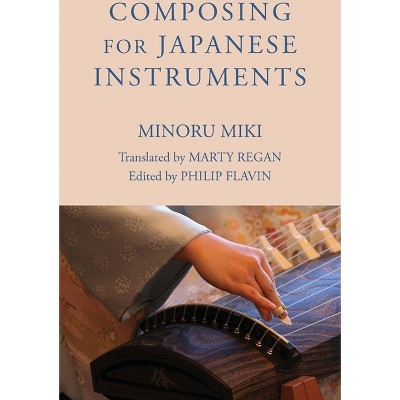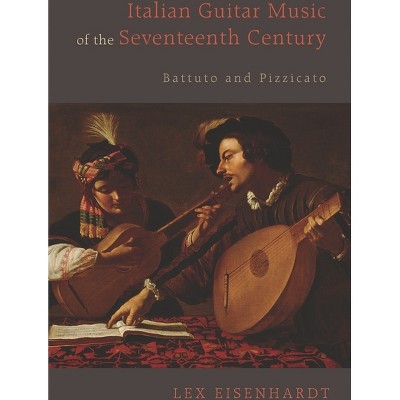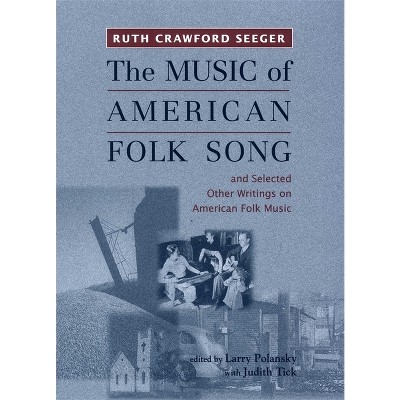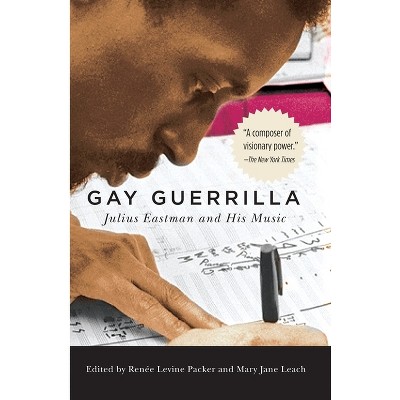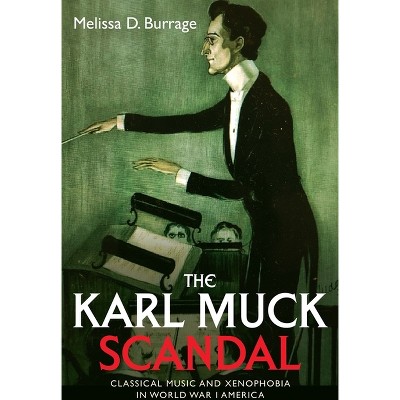Sponsored

A Theory of Music Analysis - (Eastman Studies in Music) by Dora A Hanninen (Paperback)
In Stock
Sponsored
About this item
Highlights
- This book introduces a theory of music analysis that one can use to explore aspects of segmentation and associative organization in a wide range of repertoire including Western classical music from the Baroque to the present, with potential applications to jazz and popular music, and some non-Western musics.
- Author(s): Dora A Hanninen
- 542 Pages
- Music, History & Criticism
- Series Name: Eastman Studies in Music
Description
About the Book
This book introduces a theory of music analysis--a language and conceptual framework--that analysts can use to delve into aspects of segmentation and associative organization in a wide range of repertoire from the Baroque to the present. Includes close analyses of works by Beethoven, Debussy, Nancarrow, Riley, Feldman, and Morris.Book Synopsis
This book introduces a theory of music analysis that one can use to explore aspects of segmentation and associative organization in a wide range of repertoire including Western classical music from the Baroque to the present, with potential applications to jazz and popular music, and some non-Western musics. Rather than a methodology, the theory provides analysts with precise language and a broad, flexible conceptual framework through which they can formulate and investigate questions of interest and develop their own interpretations of individual pieces and passages. The theory begins with a basic distinction among three domains of musical experience and discourse about it: the sonic (psychoacoustic); the contextual (or associative, sparked by varying degrees of repetition); and the structural (guided by a specific theory of musical structure or syntax invoked by the analyst). A comprehensive presentation of the theory, with copious musical illustrations, is balanced with close analyses of works by Beethoven, Debussy, Nancarrow, Riley, Feldman, and Morris
Review Quotes
Rarely does a book come along that is both brilliant and unlike anything else in our field. Rather than offering another new methodology, A Theory of Music Analysis constructs a general framework on which we can locate (and better understand) most of the analytical utterances we make. Replete with diverse and sensitive musical analyses, this is an important work for anyone who engages in music-theoretical pursuits.--Michael Buchler, Florida State University College of Music
The book addresses music theorists, analysts, and musicologists. Could serve as a main reference item in analysis courses. Encompasses a wide range of Western music traditions from the baroque onward. This feature is one among its several qualities of methodological flexibility. Exquisite presentation. Indispensable to the analyst in search of advancing or developing theoretical frameworks.--Dimitris Exarchos "MUSIC LIBRARY ASSOCIATION NOTES"
The tremendous range of application shows without a doubt that this book achieves its goal of opening new lines of inquiry for individual pieces, repertoires, and issues in contemporary music theory.-- "JOURNAL OF MUSIC THEORY"






